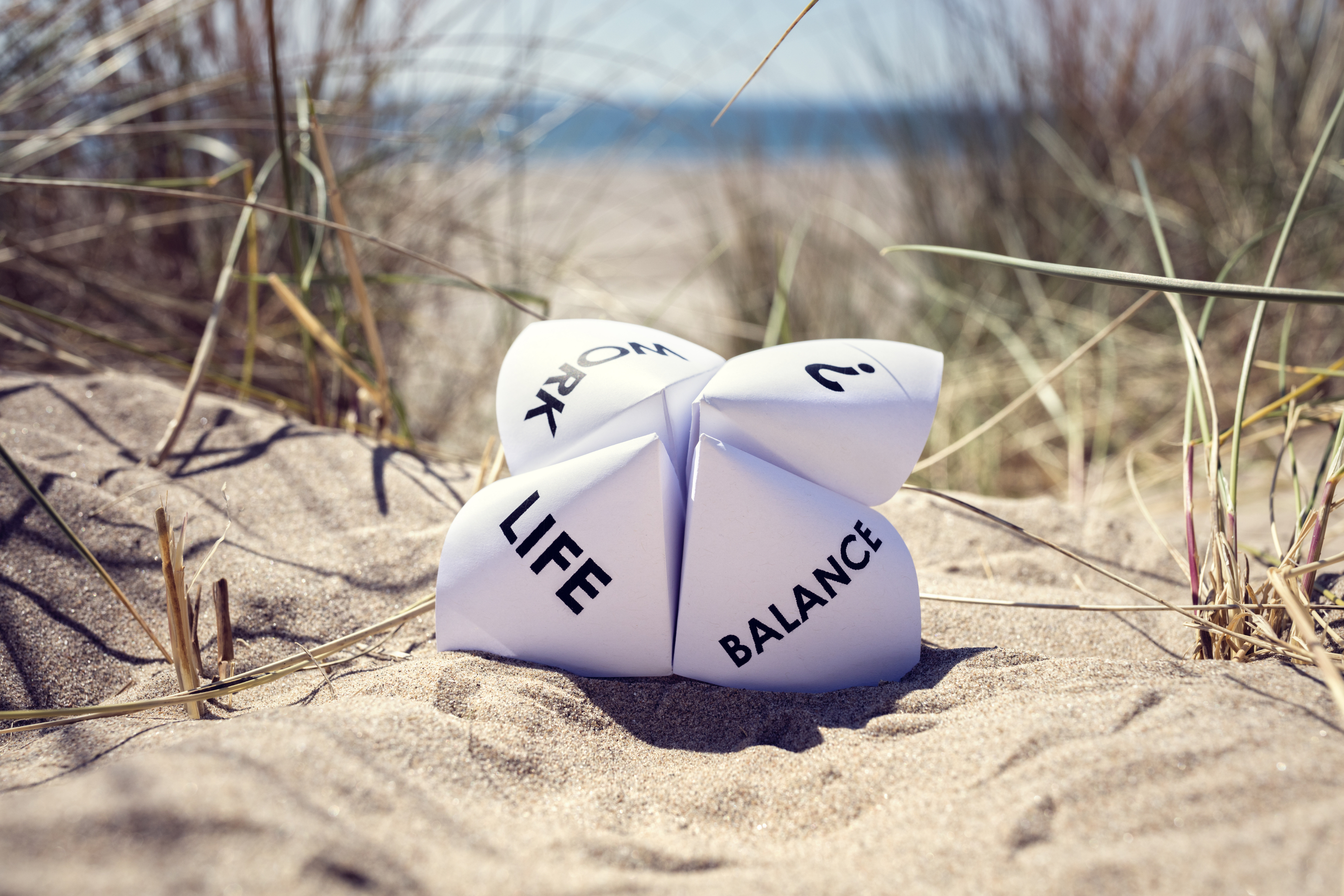The Great American Burnout: How We Traded Our Lives for Our Jobs
Written by Arbitrage • 2025-11-04 00:00:00

Once upon a time, "work/life balance" was a promise. It was the idea that we could pursue careers and still live, see our families, take vacations, read books, and breathe. But in 2025, Americans seem to have surrendered that balance entirely. The latest proof? A new app designed to fake your vacation photos so you can pretend you took time off without actually doing it. If that does not summarize the collapse of our relationship with work, nothing does.
When Vacations Become Illusions
According to a recent TechCrunch report, the app caters to those "too burned out to travel." It fabricates idyllic images: you on a Greek beach, you hiking in the Alps, you gazing into a sunset. The idea is to post them to social media and maintain the illusion of a well-lived life. It is a digital coping mechanism for a society that equates exhaustion with virtue. In a country where "out of office" has become a performance rather than a practice, this makes a twisted kind of sense.
But it also raises an uncomfortable question: why are so many Americans too drained to take real breaks in the first place?
The Cultural Cult of Overwork
Workaholism in the United States is not a glitch; it is the system running as designed. Unlike many European nations, America lacks federally mandated paid vacation days. The average full-time worker gets about 10 days off a year, and many do not even use them. Compare that to France, where employees are guaranteed five weeks of paid vacation, or Germany, where the cultural norm is to actually take that time off. In Scandinavia, vacation is not a luxury; it is a birthright, a recognition of the fact that rest fuels productivity and creativity.
In the United States, meanwhile, rest has become a liability. Workers fear that taking time off signals laziness, disloyalty, or dispensability. Corporate America rewards those who answer emails at midnight and treat weekends as unpaid overtime. The "hustle culture" ethos - once sold as empowerment - has metastasized into a collective delusion: that our worth is measured by our willingness to erase ourselves.
Why We Keep Doing This to Ourselves
There is a tragic psychology at play here. Many Americans conflate their identity with their job titles; thus, to stop working feels like ceasing to exist. The relentless pace of capitalism demands constant self-optimization, not just to survive but to appear successful. Even leisure has been commodified into "content." That is why apps that fake vacations exist. They allow us to simulate the appearance of balance without ever achieving it.
It is not that people do not crave rest. They do. But rest now feels like rebellion. The system rewards burnout and punishes boundaries, so we fake wellness instead of pursuing it. The illusion of rest is cheaper, quicker, and more "productive" than the real thing.
The Way Forward
Other countries have shown that a healthier relationship with work is possible. Shorter workweeks in Iceland and the Netherlands have led to higher productivity and happier workers. France's "right to disconnect" law legally protects employees from after-hours emails. These societies recognize that human beings are not machines, and that rest is not a privilege but a necessity. America could learn from that. But first, we must admit there is a problem: that the national sickness is not laziness, but exhaustion. Until we do, we will keep outsourcing our happiness to apps that sell us fake memories of the lives we are too busy to live.